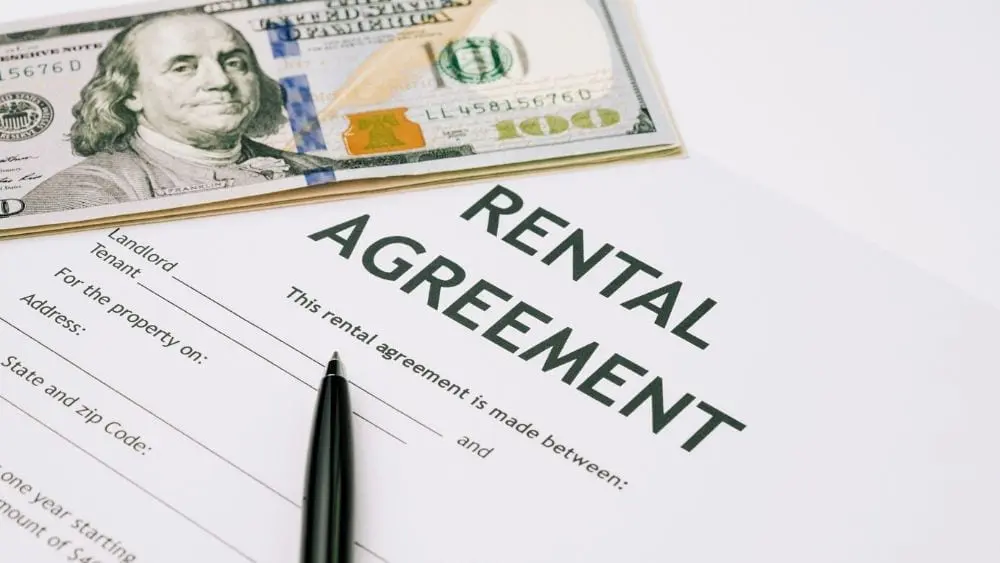
A rental property can be a fantastic investment that is both financially and personally rewarding – with caveats, of course. From choosing a profitable property to acting as a landlord, rental investing comes with its own risks and responsibilities.
While the financial risks/rewards are expected, there are many unexpected situations one faces as a landlord. From unruly, unlawful tenants to bed bug infestations to replacing an air conditioner you can’t afford, your responsibility in facing every issue or situation must be decisive and spot-on to avoid lawsuits or tenants destroying your property.
If you feel you are up for the challenge, rental investing may just be your sweet spot. To help you get started, we’ve created a list of FAQs regarding rental properties.
What constitutes a rental property?
Rental properties, both residential and commercial, are defined as property purchased for investment and occupied by a tenant with a binding agreement in place in the form of a lease or rental contract. Commercial rental property is one zoned for business/profit generation. Residential rental property is zoned for dwelling or living. For the focus of this article, we will cover residential rental investing.
What tax breaks do I get when owning a residential rental property?
For rental properties that are relegated strictly for investment purposes, there can be many tax advantages. According to the IRS.gov website, “If you receive rental income for the use of a dwelling unit, such as a house or an apartment, you may deduct certain expenses. These expenses, which may include mortgage interest, real estate taxes, casualty losses, maintenance, utilities, insurance, and depreciation, will reduce the amount of rental income that’s subject to tax.”
However, the IRS distinguishes between a rental property and those used a portion of the year for personal use and rented out the remaining time, such as a vacation home. Be sure to determine how you will use or lease your property for the highest tax benefits. To learn more about the tax breaks you may take advantage of when owning a rental property and other things to avoid, visit the IRS website.
How much does it cost to own a rental property?
Generally, investment properties carry more stringent approval requirements than an owner-occupied property, so you’ll need excellent credit and at least a 20 percent down payment to get your first rental home from most reputable financial lenders. Higher interest rates are also associated with investment properties as opposed to a traditional mortgage loan.
What will my margins be on a first rental property?
Choosing a profitable property is key to starting your investing career off right. Typically, you’ll want to consider location (preferably an area you are familiar with) by looking for one in an area with good schools, low property taxes, low crime rates, and a stable job market.
First-time rental investors are likely better off avoiding purchasing a fixer-upper; paying too much for renovations upfront will cause your margins to be upended.
Once you’ve located a potential property, calculate your margins by considering annual maintenance costs of 1 percent of the property value, insurance costs, HOA fees, pest control, landscaping, and any improvement costs associated with the property. Operating expenses will be in the range of 35 percent to 80 percent of your gross operating income, so calculate a median expense of 50 percent. If you charge $1,000 for rent, expect expenses to be around $500.
In the property investment industry, a 6 percent return on investment in a rental property in the first year is considered healthy, considering that percentage will likely increase over time.
Do I have to invest in a costly insurance policy for my rental house?
Typical homeowner’s insurance policies often only cover owner-occupied dwellings; once you hand over the keys to a tenant, the policy may not apply, and you will be responsible for acts of nature, appliance issues, personal injury suits, and more. That’s where landlord insurance comes in.
A comprehensive landlord policy will insure and give protections for property damage, liability protection, and lost rental income/tenant default. The cost of your policy will vary depending on the coverage, property size, property value, and more. Shop around to get the best coverage at the right price.
Can someone else manage my rentals?
For those who wish to avoid the many headaches of acting as the landlord of their rentals, luckily, there are property management companies and individuals you can hire to be the buffer between you and your tenant. However, the costs can be high and take a chunk out of your rental profits, so research and consider carefully.
What are the benefits of owning rental properties?
Mark Ferguson, real estate investor and founder of InvestFourMore.com, says, “One of the great benefits of real estate is controlling a large asset with little money … a small down payment increases your returns vs. making a 100 percent investment in gold or the stock market.” Ferguson owns rental properties and flips numerous houses per year and swears by rental property ownership.
The main takeaway if you are considering becoming a rental property investor is simply: Patience is vital, as rental properties are a long-term investment and not a way to get rich quick. Start smart, slow, and learn to grow your own profitable rental property empire.
 Moving To Orlando? This Relocation Guide Will Help
Moving To Orlando? This Relocation Guide Will Help